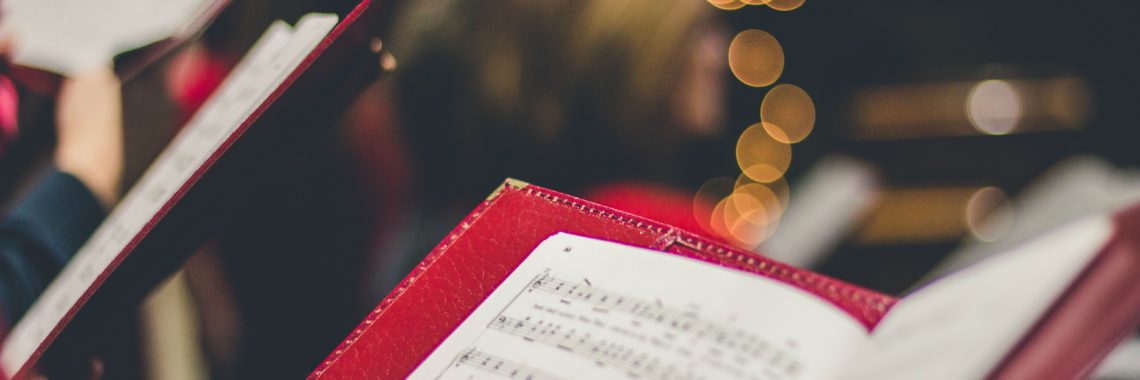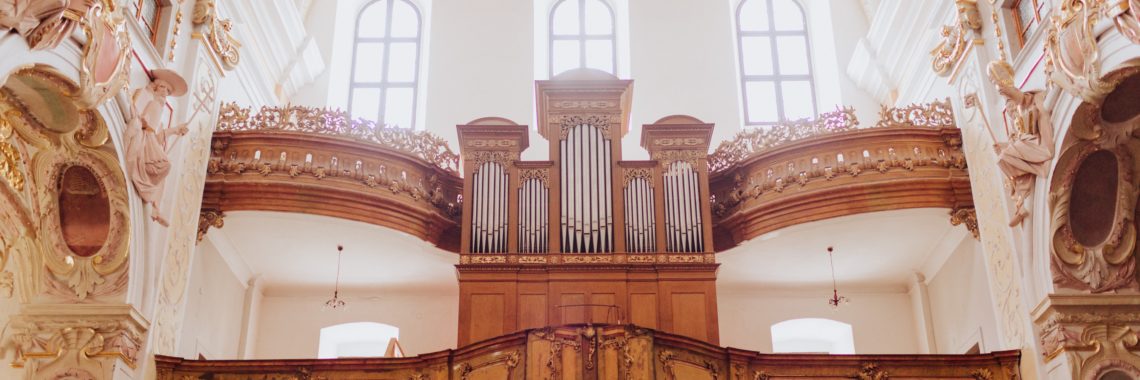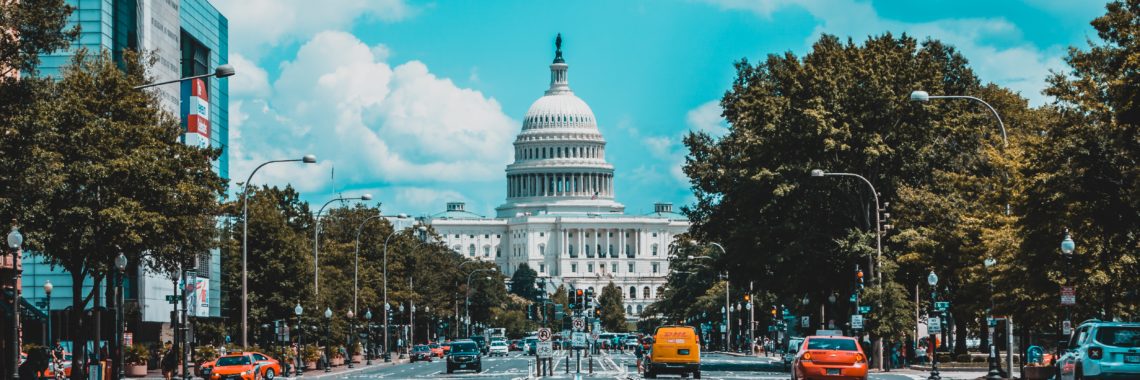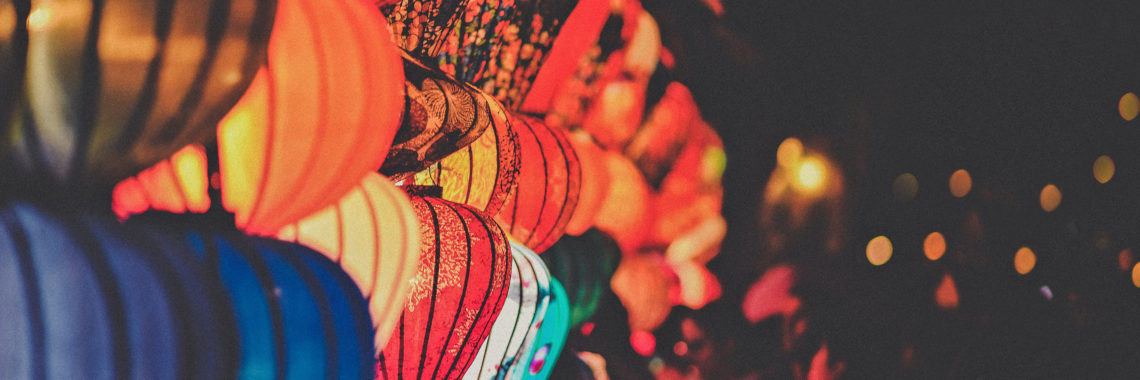“How an LGBTQ+ Rights Case Could Affect the Response to COVID-19” by Patrick Hornbeck
Photo by Silvestri Matteo on Unsplash. This article is part of our “Law and Religion Under Pressure: A One-Year Pandemic Retrospective” series.If you’d like to check out other articles in this series, click here. Here’s a thought experiment. Imagine for a moment that it was last term, rather than this term, when the U.S. Supreme Court…











